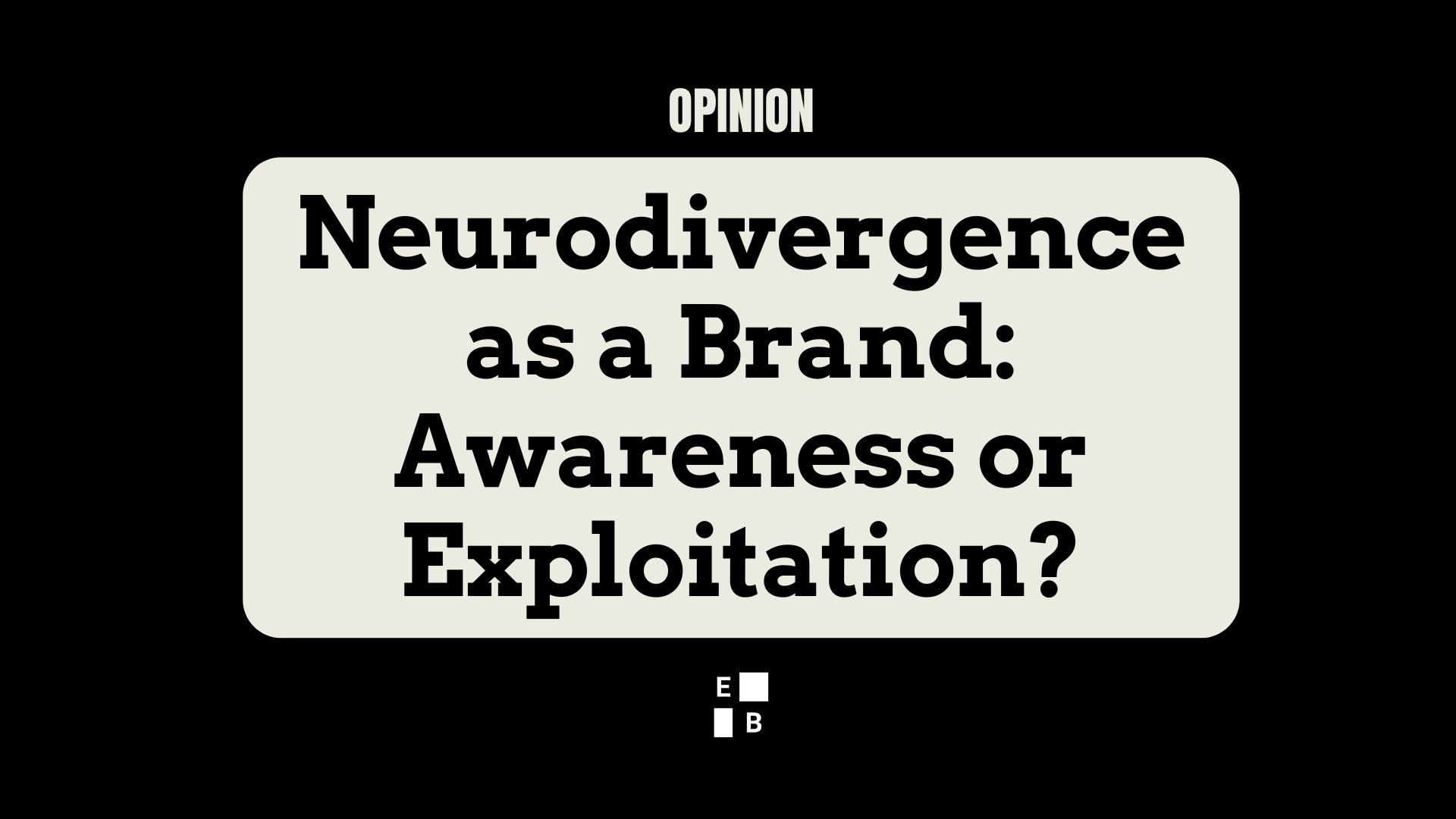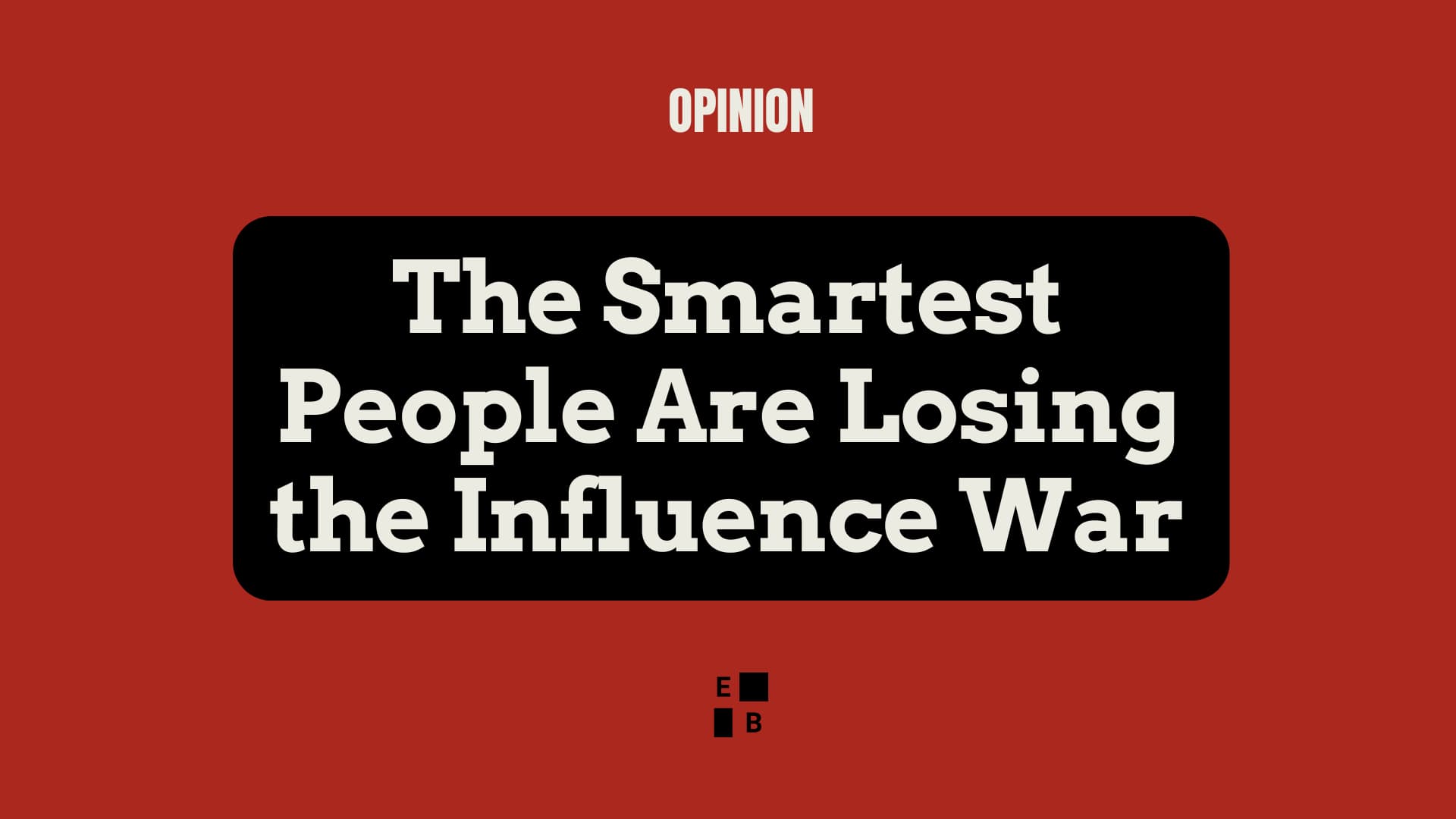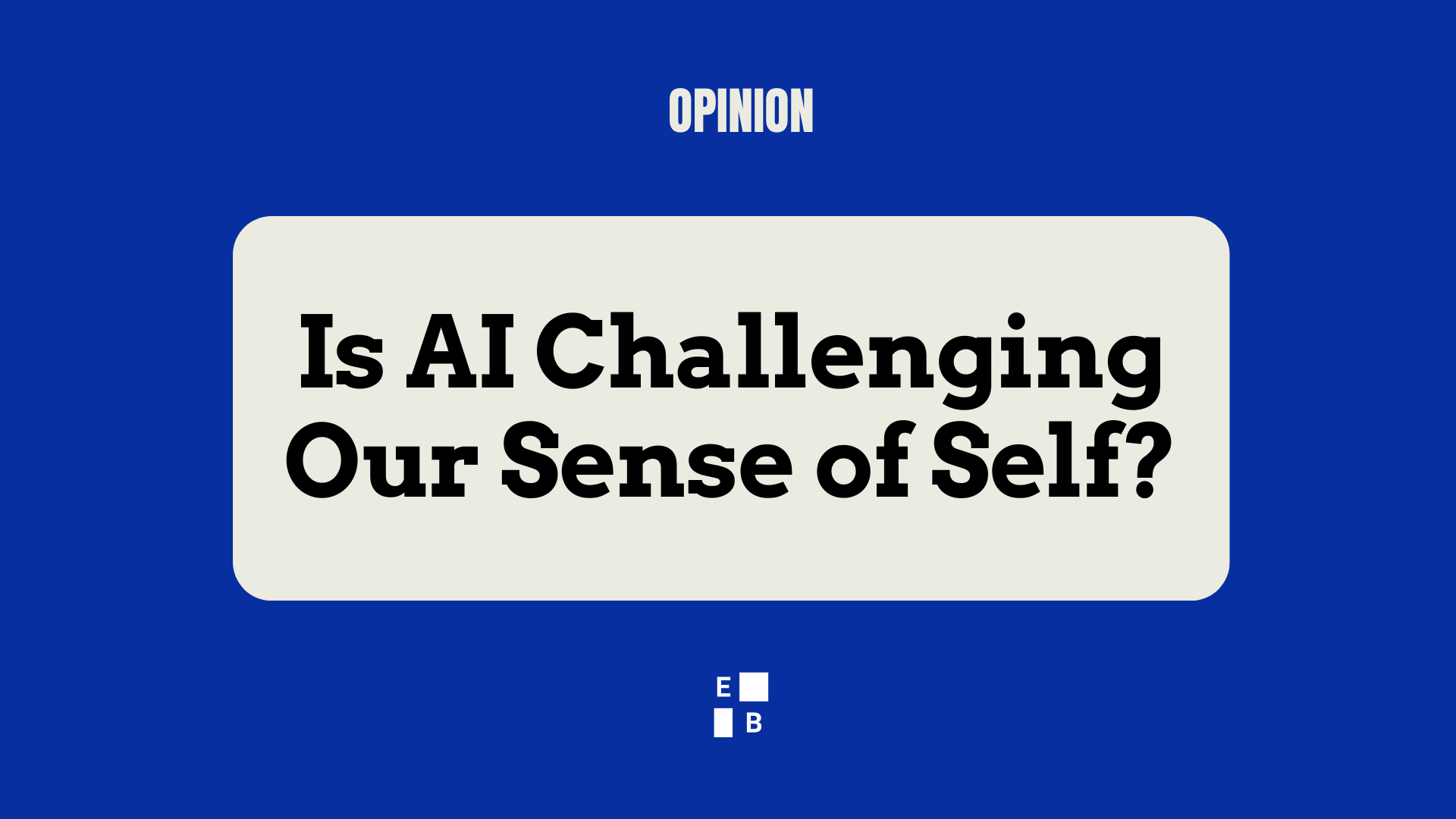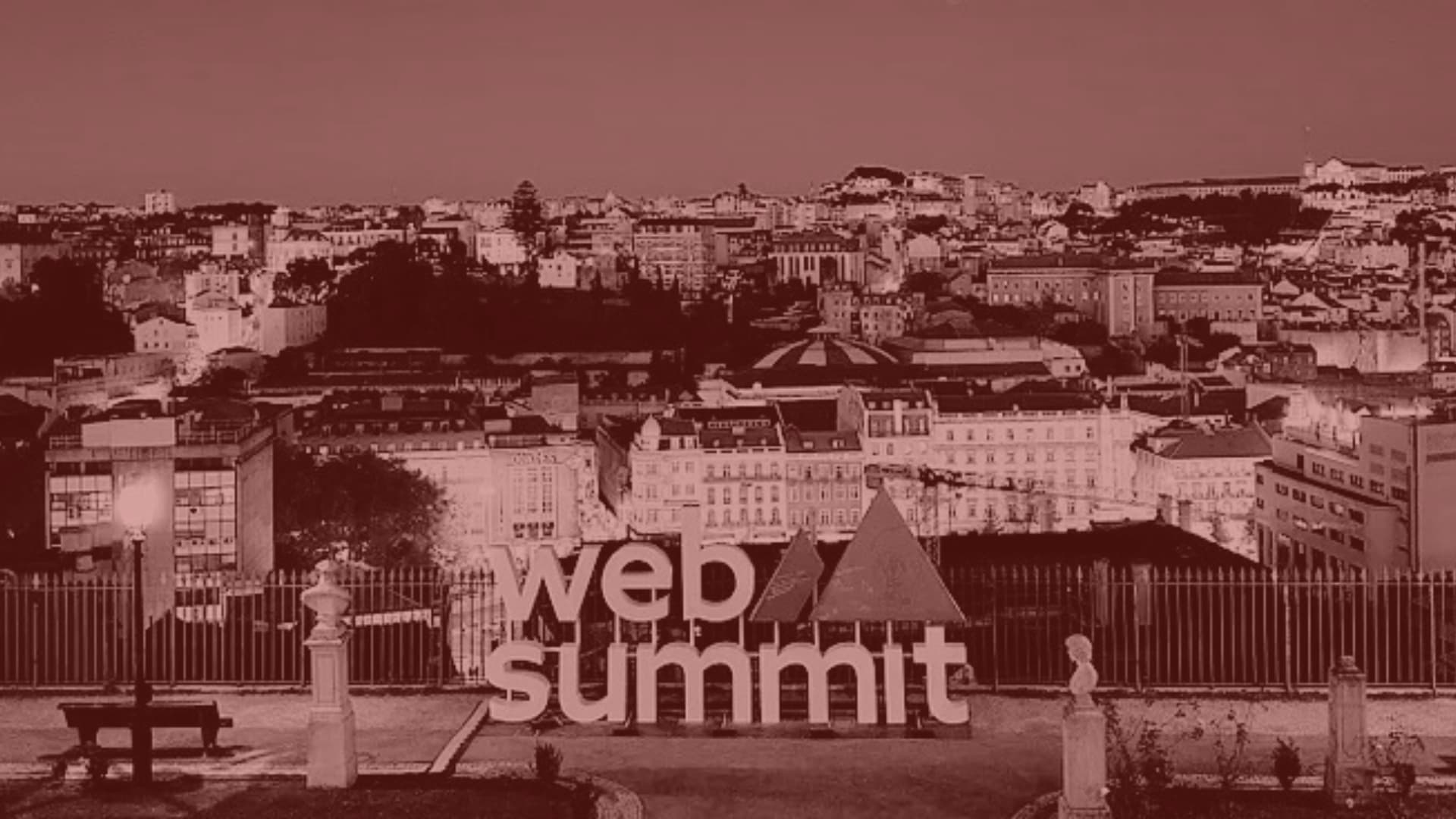

Academics sneer at social media. Intellectuals dismiss marketing. And in their absence, influence is being wielded by those who know how to capture attention, not those who deserve it.
We live in the “attention economy”, a world where the currency isn’t gold or oil but eyeballs. Marketers, in their infinite ingenuity, have mastered the art of capturing, and often hijacking, this most precious resource. We are the architects of desire, the sculptors of impulse. And sometimes, let’s be honest, the purveyors of distraction.
Years ago, I wrote about the phenomenon of “drunk shopping”, a seemingly trivial but deeply revealing quirk of human behavior. Late at night, lubricated by alcohol and boredom, people buy absurd things. Then they sober up and return them. A harmless loop of indulgence and regret? Perhaps. But beneath the surface, it reveals something far more telling: online, people are creatures of impulse, emotion, and susceptibility. Years ago, I studied how to exploit this impulsive behavior. The marketer I am today would scrutinize the opposite. My focus now is on cultivating ethical consumers- individuals who think before they buy, who invest in brands with intention, and who return not out of habit but out of loyalty. Fifteen years in this field have made one thing clear: real, sustainable growth is never the byproduct of “hackticks”. It is the slow burn of trust, built over time, that endures.
People don’t read. They scroll, but they don’t absorb. They parrot headlines but rarely interrogate their sources. They are susceptible to populism, conspiracy theories, and political theater. They vote, not always with reason, but with gut instinct, with the dopamine rush of identity validation. It doesn’t take a marketing mastermind to see how the game is played: capture attention, manufacture desire, convert attention into action. It’s the same formula that sells sneakers and presidents alike.
The ivory tower, for one. Academics and cultural elites, many of whom regard social media with the kind of disdain one might reserve for reality television, have largely absented themselves from the platforms where minds are shaped. They dismiss the entire system rather than engaging with it, leaving a vacuum for others, less scrupulous, more opportunistic, to fill.
And then, there’s marketing itself. The profession has long been treated as a playground for commercialism, a space where creativity serves consumption and not much else. The industry is flooded with those who see it as a fallback career, a skillset anyone can pick up with a few online courses on paid ads and social media engagement. The bar has been lowered, and the noise has risen.
But here’s the thing: marketing doesn’t just sell products. It sells ideas. It shapes cultural priorities. It defines what is aspirational, what is desirable, what is cool. And therein lies the opportunity.
Years ago, I worked with a startup that measured impact, the kind of impact that doesn’t just drive revenue, but changes lives. Can you quantify the good you do in the world? Yes, and when you make it a KPI, you force action. In the same way marketing can create an artificial need for a gadget, it can create a very real demand for knowledge, for engagement, for change.
Books, for example, are being rebranded. Publishers have cracked the code of aesthetic appeal, turning literature into objects of desire. Books have become coffee table accessories. Yes, but they are also being read. Ethical fashion has undergone a similar transformation. Conscious consumption is no longer niche; it is aspirational. Marketing made it so.
Yet too many intellectuals remain on the sidelines, sneering at the very mechanics that shape the public discourse. AI, social media, new technologies- these are the tools of modern influence, and they are being wielded by those who show up, not by those who scoff.
Not by rejecting the rules, but by bending them in service of something greater. Marketing is the most powerful cultural engine of our time. What is published in the media is shaping the world. The real danger? The intellectual class has abandoned the game, leaving it to the opportunists and populists. Marketers used to hack consumer impulses. Now, we must hack something else: the attention economy itself. If marketing can create needs, it can also create knowledge, awareness, and change.
It’s time to fight back.



